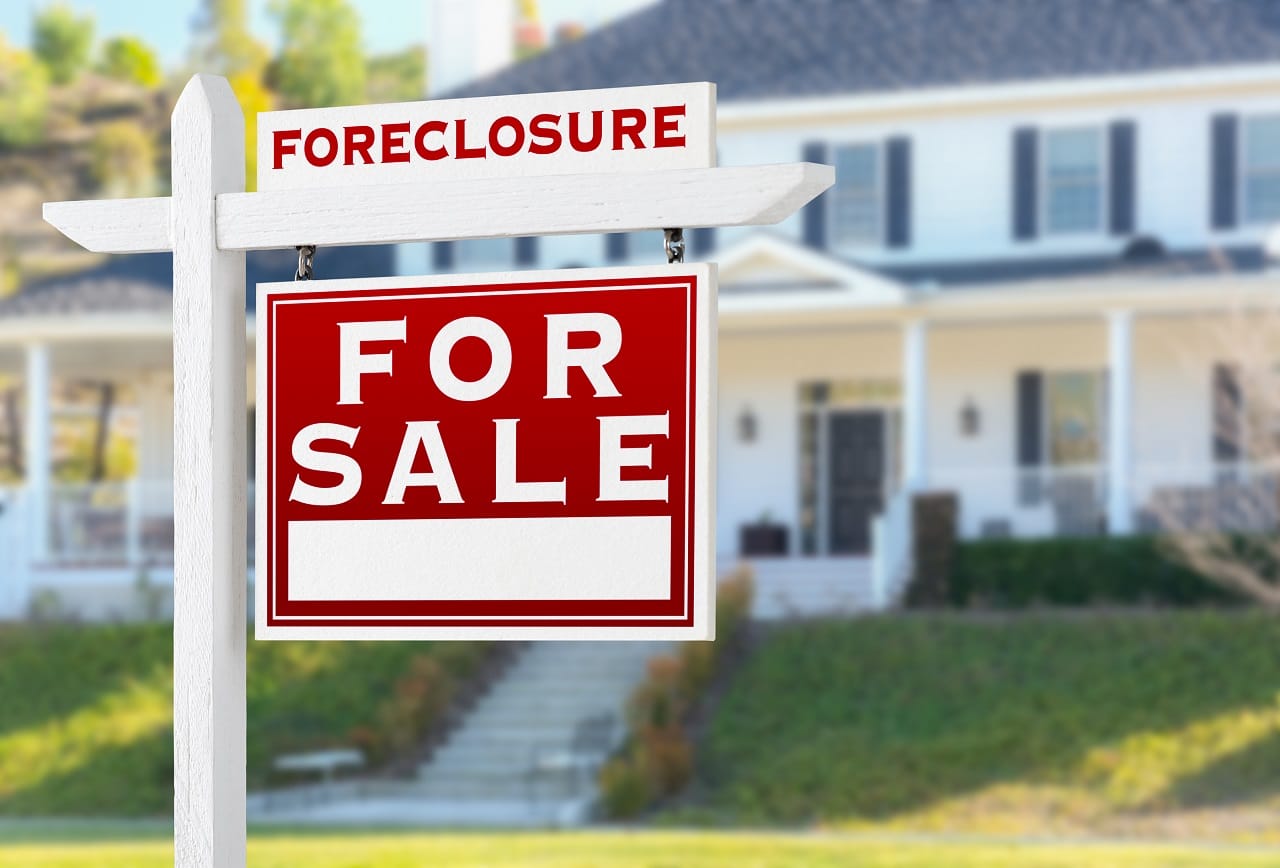
The foreclosure process depends on two things: your loan provider and your state. In Virginia, there are certain laws that govern foreclosure, but banks have the option of being either more or less forgiving based on the situation. If you’re about to go into foreclosure, read this article to learn what you can expect. Just know that every bank is different in terms of what they will or won’t do.
Your Bank Will Try to Contact You
First, know that your bank doesn’t actually want to foreclose on you. While they may feel like the enemy, they’re on your side. Foreclosing is an inconvenience to banks for several reasons:
- It racks up legal fees. Usually when someone is getting foreclosed on, they can’t actually pay these debts, even if they’re ordered to by the courts.
- It means they need to maintain and clean a house. And many banks find foreclosed houses completely destroyed by the end of the process.
- It involves selling a house. Mortgage servicers want to service mortgages. They don’t want to be in the real estate business.
The reason banks foreclose is fear. When they don’t hear from you and know that you aren’t paying your bills, they lose control over the situation. Foreclosure is the bank’s attempt to limit their damages. Your bank will try to contact you, and they will probably offer you one of these options:
- The worst case scenario: They may demand payment right away. Some loan companies just aren’t forgiving. They don’t want to take the risk.
- On the other hand, they may offer to re-age your account. This puts the months you missed onto the end of the loan, so you can just start paying as normal.
- They might just give you time, such as 60 days, to pay your bills. But if you don’t have the money, you don’t have the money.
So you will have some opportunities to resolve your problems, either by paying off your debts, or potentially selling your home.
The Property Will Be Sold
Now, this can happen in two ways. Virginia offers non-judicial foreclosure, which might be an option if it’s in your bank contract. This authorizes them to sell your property without having to go to the court. They will need to notify you at least 14 days before the sale, so you may have 14 days to resolve the debt. The bank will sell your house, and then you will be given an eviction notice.
If your contracts with your bank do not mention non-judicial foreclosure, they will need to go to a judge to foreclose. Your property will be auctioned off to the highest bidder, but you may be able to get your property back within 240 days if you’re able to pay the amount the property was sold for plus 6% interest.
Either way, once the property is sold, you are evicted and need to leave. This can be a very disruptive process, both for you and the bank, and consequently, it’s something that the bank usually wants to avoid. You do have the power to interrupt the foreclosure process at any time by selling your home.
Stalling Foreclosure in Virginia
You can stall foreclosure in Virginia by declaring bankruptcy, but this comes with another host of problems. When you declare bankruptcy, you injure your credit. And if you can’t afford your home anyway, you may find yourself having to foreclose later on. The best thing to do is talk to your bank, delay the foreclosure, and sell the property. You may need to talk to your bank about a short sale, which involves selling the property for less than you actually owe. For them, the reduction of legal fees may be worth it.
Foreclosure is never a good thing. When you go into foreclosure, you’re going to lose your house one way or another. Take charge of the situation by selling your house first. Home Buyers of Virginia can help. Contact Home Buyers of Virginia today to get a quote on your property.
